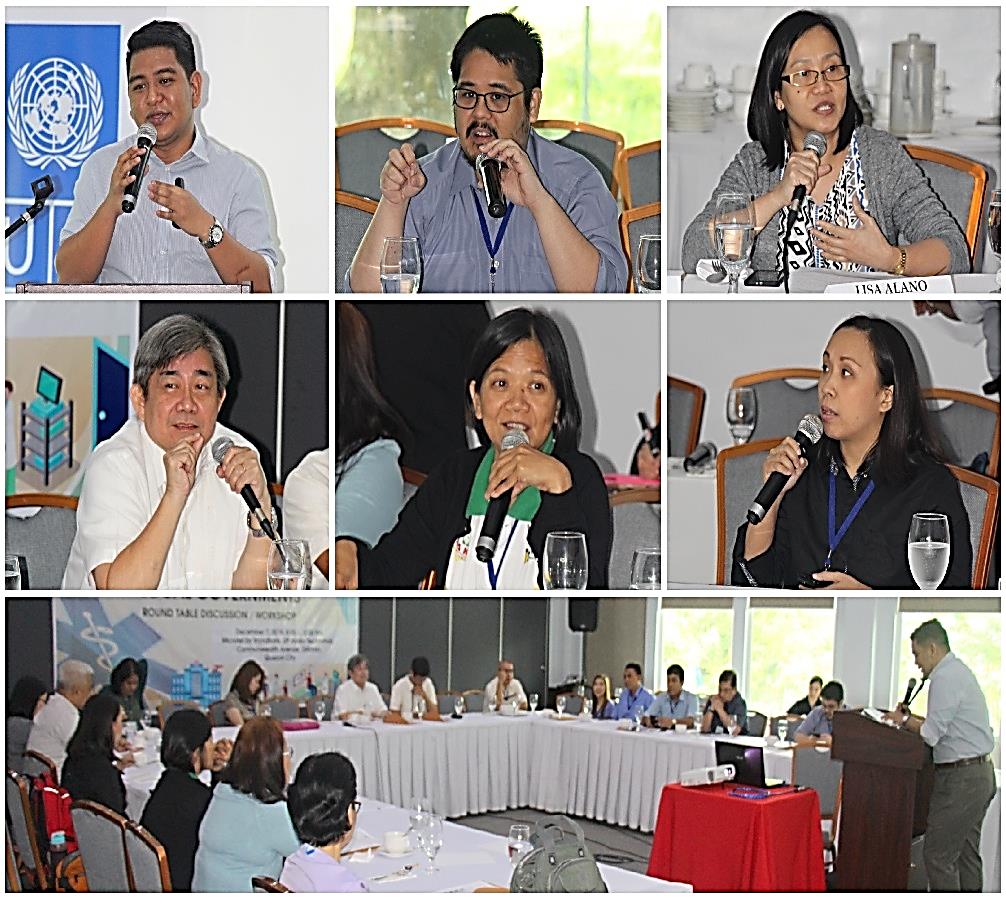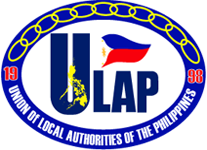
The Union of Local Authorities of the Philippines (ULAP), the Department of the Interior and Local Government (DILG), and the United Nations Philippines RePubLiKo campaign initiated a series of Roundtable Discussion (RTD) as part of the #ParaSaBayan partnership forged early this year. The series is composed of five (5) RTDs) designed to cover various topics based on the RePubLiKo and #ParaSaBayan initiatives to align with the scope and priorities of the agreement among the three institutions. One of the slated topics is focused on the functions of the government on delivering health services with the theme “Addressing Health Devolution Gaps and Mainstreaming the Philippines Health Agenda to Local Governments” on December 7, 2016 at Microtel by Wyndham, UP Technohub, Quezon City.
The said RTD was attended by a total of 50 participants from different local governmnet units (LGUs) and NGAs and other development partners. The RTD aims to determine local concerns and issues on devolution, and to formulate legislative measures and policy proposals based on its findings and keep track of government’s progress in implementing policy reforms. The guest speakers of the RTD like Ms. Gloria Nenita Velasco, Management Officer IV from the Department of Health, presented the status quo of the government in terms of health services and exhibited the Philippine Health Agenda for the term 2016-2022. While, Ms. Elena Kim Erro, from the office of Phillipine Health Insurance Corporation (PhilHealth), discussed the roles of LGUs based on the Republic Act No. 10606 otherwise known as the “National Health Insurance Act of 2013. The said law provides that all citizens of the Philippines, regardless of social and economic status, shall be covered by National Health Insurance Program (NHIP).
Subsequently, an open discussion focusing on the issues and concerns on the implementation of PhilHealth and HFEP in their locality followed and the delegates were asked to identify different recommendations based on their experiences and provide further solutions to the issues which see them appropriate for them. The discussions revealed the process barriers, and system shortcomings that are significant impediments to quality and that preclude the delivery of an efficient services on both programs of the DOH at the local level.
The RTD is projected not to be able to provide all answers to the concerns and issues of the LGUs, but this was held to be an avenue to create convergence and strengthen partnership among stakeholders. Lastly, the output of this RTD is to produce an issue map – in the form of a white paper – that will be given to the Department of Health, Senate and Congress, and other key national government agencies. The white paper will serve as the LGU positions and inputs to the continuing health discourse.
See Documentation: http://ulap.net.ph/resources/knowledge-products-and-reports/301-addressing-health-devolution-gaps-and-mainstreaming-the-philippine-health-agenda-to-local-governments.html




